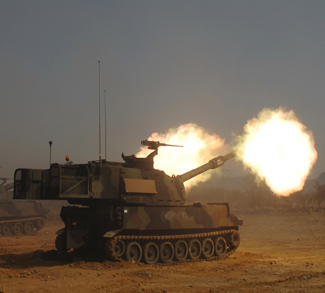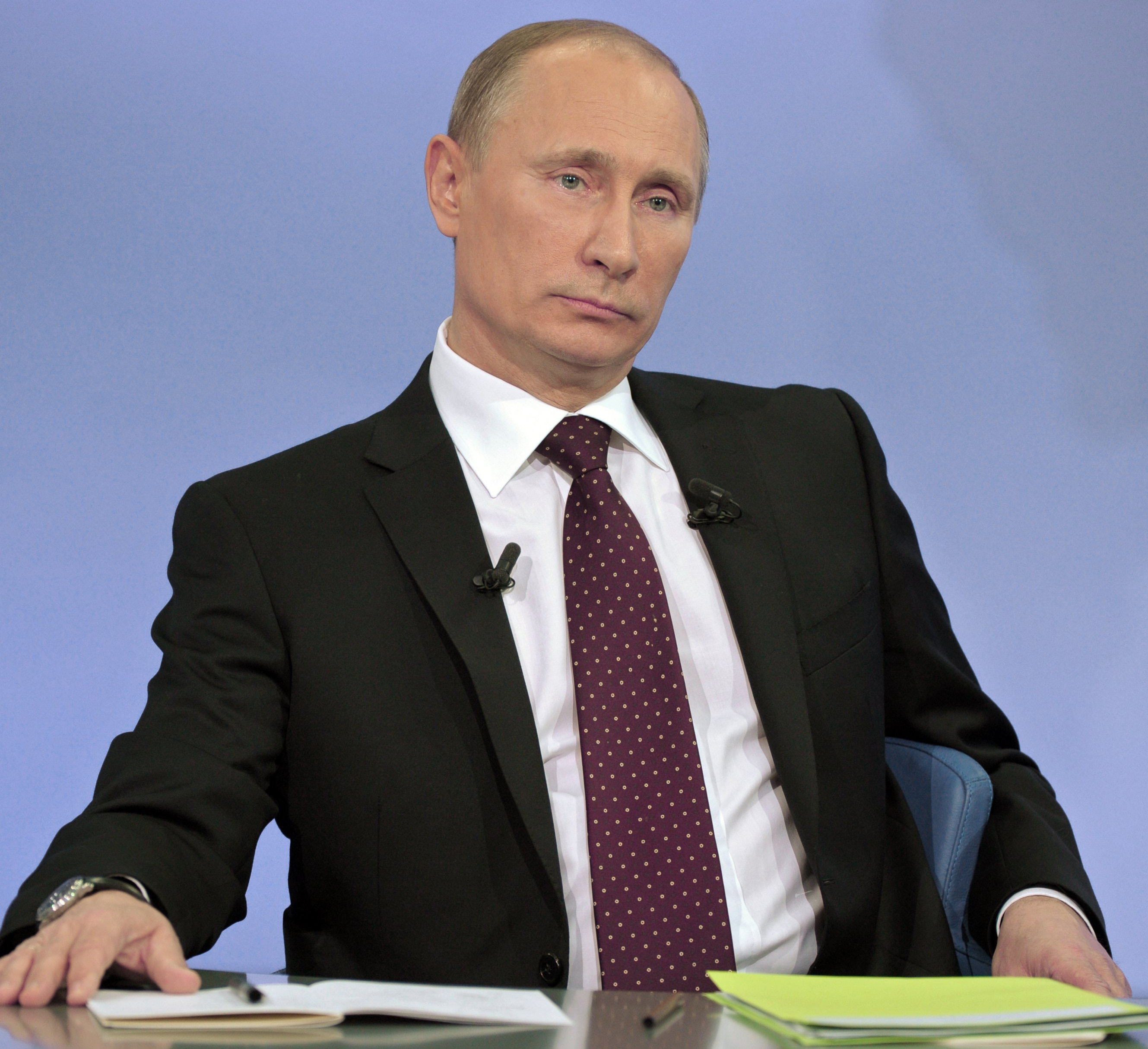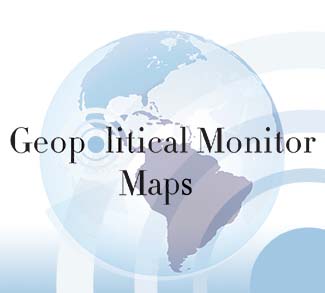Background
The two presidential candidates in the US election have very different views on how to leverage US economic and military power in the world, particularly in terms of maintaining the system of bilateral alliances and collective security agreements that have characterized the Cold War/post-Cold War international system.
As discussed in previous articles on the upcoming US election, Hillary Clinton champions the conventional wisdom of traditional alliances and a strong global military presence. In her view, both of these can be used to advance US and shared interests, including spreading democracy and human rights, overseas and at home.
Trump on the other hand believes that the U.S shoulders too heavy of a burden in its existing security architecture, and that its allies enjoy a disproportionate amount of security benefits compared to the costs incurred by Washington. To paraphrase, he believes that the existing framework doesn’t work in an increasingly multipolar world where US military power is losing its hegemonic edge. As a result, these relationships should either be re-balanced towards a more equitable distribution of costs, or folded altogether.
These are obviously two starkly different views, and if Trumps’ revolutionary take on security were to be implemented, there would be serious consequences and re-balancing in just about every corner of the globe. In fact, one could argue that the mere mention of this kind of policy direction is already reverberating given the importance of trust and confidence in the US security architecture.
Thus, the stakes are high for a few US allies come November, and their governments will no doubt be watching closely as the presidential race develops.




